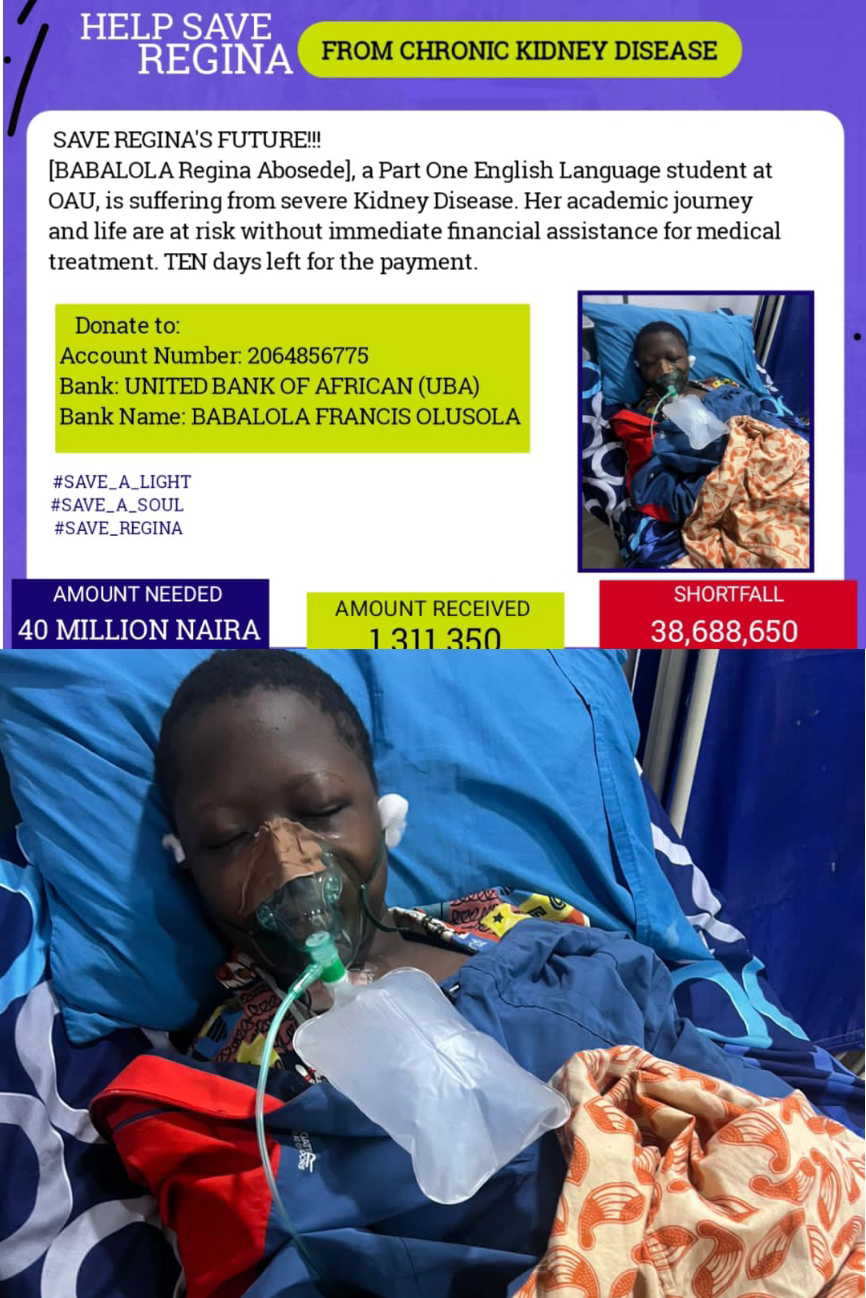The Impact of Social Media on Mental Health
By Joy Oludele
The advent of social media has revolutionized the way students interact, communicate, and share information, creating a dynamic shift in campus culture. Platforms such as Facebook, Twitter, Instagram, and Snapchat have woven themselves into the fabric of daily life, becoming integral to how students forge relationships, engage in discussions, and express their identities. These digital spaces provide students with a sense of community, connection, and belonging, enabling them to maintain friendships and networks beyond geographical boundaries. In many ways, social media has enhanced the student experience, fostering collaboration, support, and engagement in various activities.
However, beneath this seemingly harmless surface lies a complex reality. The pervasive influence of social media has profound implications for students' mental health and overall well-being. Research indicates that excessive social media use can correlate with increased symptoms of depression, anxiety, and feelings of loneliness among students.
The constant exposure to curated and often manipulated images and updates can create unrealistic expectations regarding lifestyle, appearance, and success. This phenomenon can lead to a cycle of comparison, where students measure their worth against the idealized portrayals of others, resulting in feelings of inadequacy, low self-esteem, and decreased self-confidence.
Moreover, the digital realm can become a breeding ground for negative behaviors such as cyberbullying, harassment, and online abuse. These issues can inflict serious emotional and psychological harm on students, affecting their mental health and academic performance. The anonymity afforded by social media can embolden individuals to engage in harmful behaviors, leaving victims feeling isolated and vulnerable. The repercussions of such experiences can be long-lasting, contributing to a decline in mental well-being and a sense of disconnection from the supportive communities that social media aims to foster.
Despite these significant risks, social media also offers numerous benefits that cannot be overlooked. It serves as a valuable resource for accessing information, educational materials, and support networks. Students can leverage social media to connect with peers, share knowledge, and collaborate on academic projects. This connectivity can help to alleviate feelings of isolation, particularly for those who may struggle to find their place within traditional campus structures. Furthermore, social media can be a powerful platform for self-expression, creativity, and social activism. It allows students to share their thoughts, ideas, and experiences with a wider audience, fostering dialogue and raising awareness on important issues.
The Risks of Social Media
Comparison and Unrealistic Expectations: Social media platforms showcase the highlight reels of other people's lives, making it easy to compare and feel inferior.
Sleep Deprivation: Exposure to screens and the constant notifications from social media can interfere with sleep patterns, leading to fatigue, irritability, and decreased concentration.
Cyberbullying: Social media can be a breeding ground for bullying and harassment, which can have serious consequences for mental health.
Fear of Missing Out (FOMO): Social media can create a sense of FOMO, leading to feelings of anxiety and inadequacy.
Breaking Free from the Negative Effects of Social Media
While social media is unlikely to disappear from our lives, there are steps we can take to mitigate its negative effects:
Set Boundaries: Establish screen-free zones and times, such as during meals or before bed.
Practice Self-Compassion: Remind yourself that everyone on social media is presenting a curated version of themselves.
Seek Help: If you're struggling with mental health concerns, don't hesitate to reach out to a mental health professional or a trusted friend or family member.
Social media is a double-edged sword. While it has the power to connect us and provide a sense of community, it also has the potential to damage our mental health. By being aware of the potential pitfalls and taking steps to protect ourselves, we can harness the benefits of social media while maintaining a healthy and positive mindset.




Comments
Post a Comment